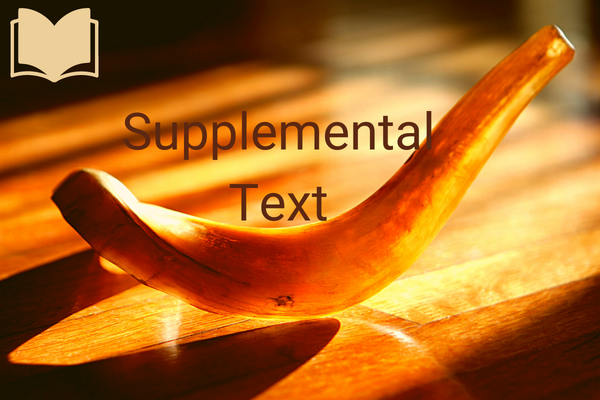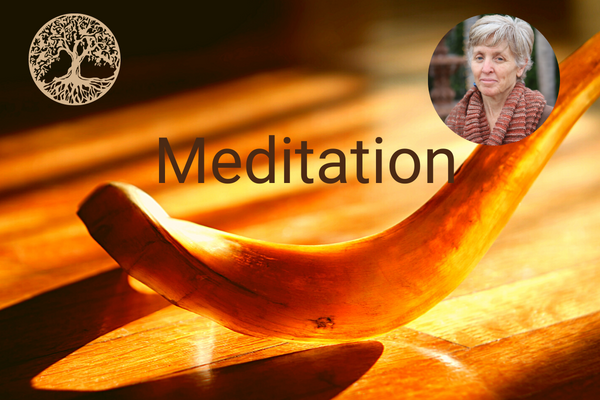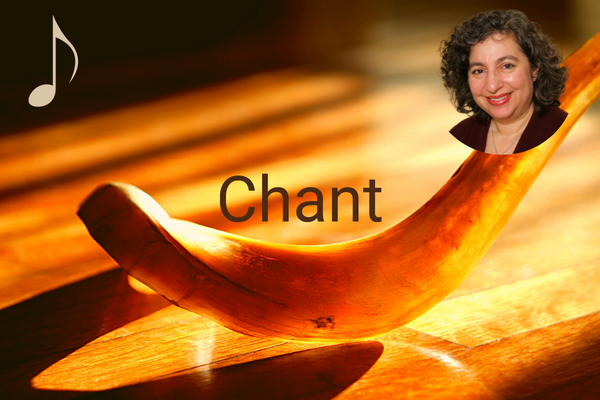ELUL 5782: TZELEM ELOKIM
In the Likeness of God
WELCOME TO WEEK FIVE
WEEK FIVE ELUL SPONSORS
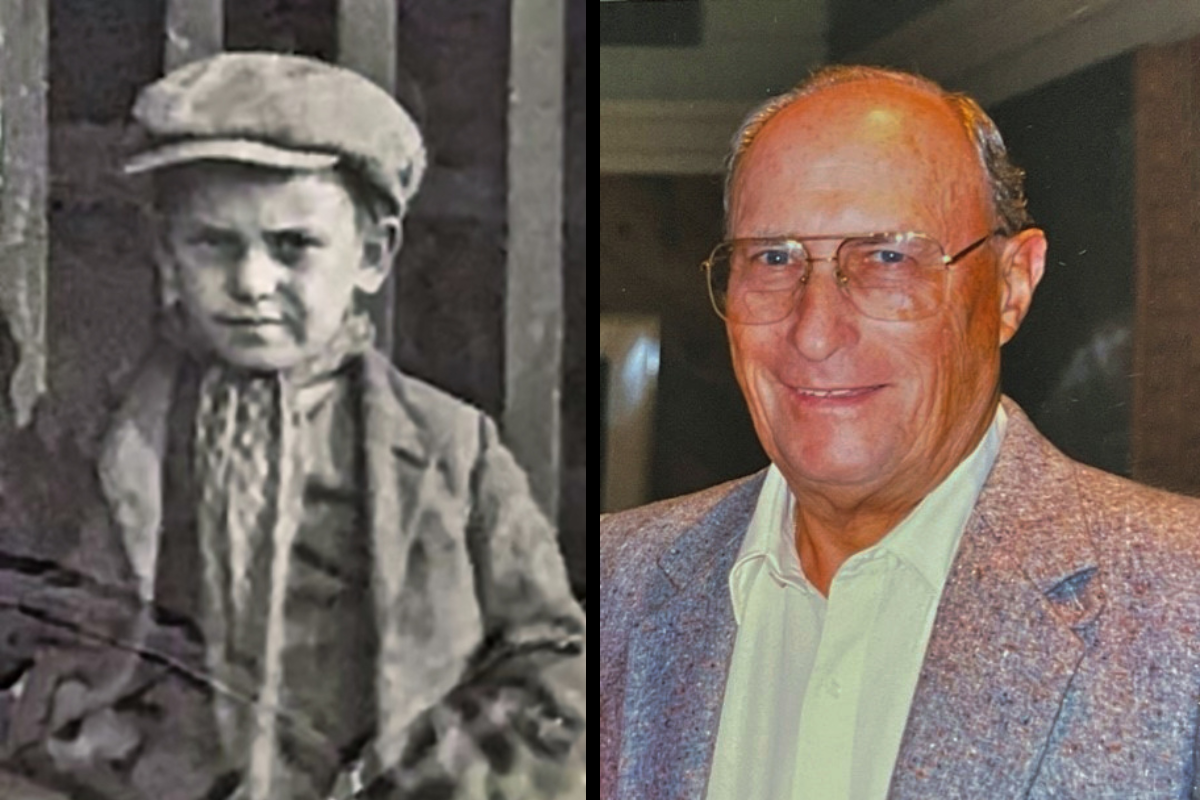
This Week's Sponsors are Sandy and Barbara Greenstein in memory of …
Barbara’s father: Abraham Goldman, Avraham ben Shmuel z“l
Sandy’s father: Jeno Greenstein, Ya'akov ben Fishel z”l.
לעילוי נשמת אברהם בן שמואל ז"ל
לעילוי נשמת יעקב בן פישל ז"ל
During this Elul period, we reflect upon our own lives and honor the memory of those who came before us. Barbara and I often talk about the beautiful memories of both of our fathers, Abraham Goldman and Jeno Greenstein. Although our dads came from very different backgrounds, there were many beautiful qualities that they shared. Both of our fathers had a special affinity of bonding and expressing their love to each of their family members in a way that each of the combined six children and six grandchildren felt a special love specifically for them.
It is more than just a blessing to have known them because they were the strong roots that created our foundation and taught us about our purpose in life, how to take care and honor family and others. They were people you knew you could count on, especially when you most needed them.
This Elul, as we think about them, we embrace their beautiful memories and continue to carry on their legacy and wishes of being the best of who we can be.
We are grateful to our sponsors who will bring us each week of this year's program. The final week, in the tradition of Elul, we invite all of our Chaverim to make a $36 donation in honor and merit of a loved one, may their memory be a blessing. Each of our donors and their honorees will be listed during the final week’s email and on our website.
WEEK FIVE LEARNING
The Divine Attributes of Hakpada and Rachamim
Hakpada and Rachamim / Resentment and Compassion: Letting Go of Anger and Hurt
As the holy days of Rosh HaShana approach, we focus on the middot which allow us to let go of resentment and heal the hurt caused by others. R. Micha Berger leads the study of our primary text, which explores God’s attribute of “not holding on to anger” and the lessons that RaMaK provides to emulate this exalted trait. Judith Golden composes another magnificent chant based on the text and Helaine Sheias provides us with a movement meditation to enrich our practice during the week. Supplemental study texts include a pertinent Talmudic teaching that opens a path for us to experience an especially meaningful holiday, as well as a key Biblical text with commentary about removing hatred from one’s heart. We also include some additional teaching from Rabbi Shlomo Wolbe’s Alei Shur exploring the Mussar practice of letting go of resentment.
Wishing you and your loved ones a Ketivah v’chatimah tovah, a year of blessing, and with heartfelt wishes that you be inscribed in the Book of Life for a year of health, prosperity, and continued growth.
PRIMARY TEXT & ZOOM
This week's webinar:
9/22, 4:00 - 5:30 p.m. ET
Hakpada and Rachamim/Resentment and Compassion
with R. Micha Berger
THIS WEEK'S ELUL TEACHER
Rabbi Micha Berger
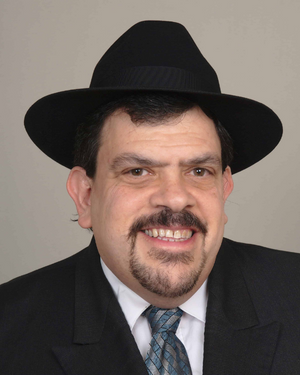
Rabbi Micha Berger is a father and husband and sees in those roles much of the expression of his Judaism and his Mussar work. He was a student of Rav Dovid Lifshitz, the Suvalker Rav zt”l, at Yeshivas Rabbeinu Yitzchak Elchanan. Since that time he has infused his Jewish practice with the blend of love, Mussar Jewish thought that marked Rav Dovid’s Torah and life. Rabbi Micha Berger is a computer programmer, the founder of Aish Das Society, and an author who speaks on Jewish Thought, Mussar, and the meaning of our tefillos. His work has been described in HaModia and Yated Neeman, and has been noted in the Orthodox Union’s Jewish Action and The Jerusalem Report.
WEEK FIVE LEARNING MATERIALS
Resentment and Compassion: Letting Go of Anger and Hurt
Babylonian Talmud, Rosh Hashana 17a
Rava said: “One who passes over his/her middot, [the heavenly tribunal] passes over all the person’s wrongdoings. As it is stated ‘God pardons/carries transgression and overlooks sin.’ Whose transgression does God pardon? One who overlooks sins [committed against them].”
[continue reading in downloadable text]
MOVEMENT MEDITATION
By Helaine Sheias
The Hebrew month of Elul can be seen as an invitation for cheshbon nefesh (Accounting of the Soul) to a collective “us” realigning; an opportunity for Teshuva (returning to the home of our inner Self); a gentle, but firm “nudge” from the Creator suggesting that we take stock of this past year and to consciously choose what we innately know must change for us in the year to come. All of this requires a deep willingness and vulnerability to take the step forward and become a spiritual seeker, to be the curious explorer who looks both backwards into our ancestral lineage and forwards towards the future that we are aspiring to cultivate, which is firmly based on our Jewish tradition of Torah and Mussar. [continue reading in downloadable text]
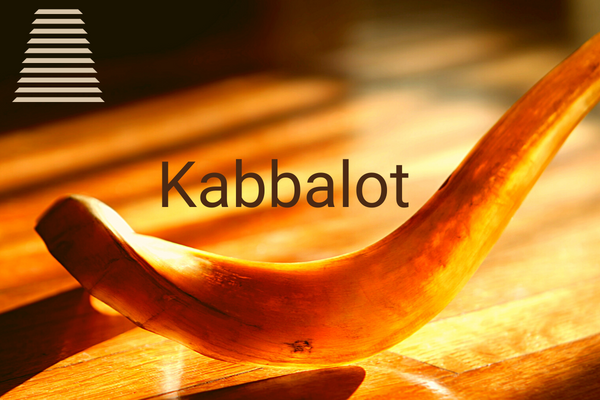
MUSSAR PRACTICE - KABBALOT
Set time each day to become aware of any resentment you are holding in your heart. If you identify a specific person who you feel has wronged you and to whom you harbor resentment, make the effort to communicate with this person. Before engaging in the conversation, map out what you will say and how you will say it. Focus on clarifying your own feelings, rather than assessing blame. Open and close the conversation with something positive. Be conscious of the tone of your voice and your body language. Does it convey love and compassion? If an actual conversation is not possible for whatever reason, have the conversation with yourself. What middot does this exercise awaken within you? What middot can you call upon to be most effective in this process?
On the Holy days of Rosh HaShana, practice being “maavir al middotav – passing over your middot,” in the way the Talmud references. Put down your “measuring stick,” invoke your compassion and “disintegrate the bits of resentment” that are lodged in your heart. Consider that you, too, are being judged for your actions by the One Above, and God judges us as we judge others. Where appropriate, forgive the person who has wronged you.
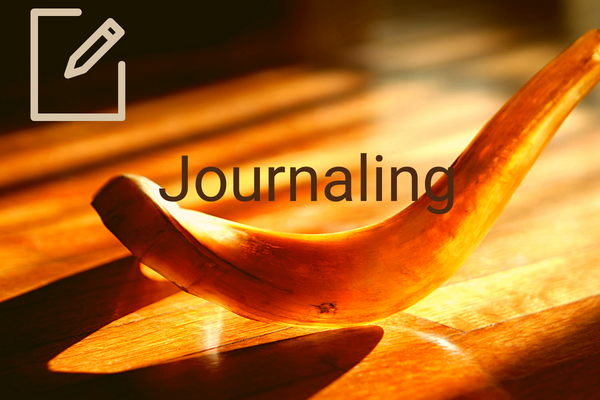
MUSSAR PRACTICE - CHESHBON HA'NEFESH
- How will you let go of the resentment in your heart?
- How can rebuke (or constructive feedback) help you get past your resentment? What might be required of you to make this happen?
- How was your practice this week? What were the struggles? What made it easier? What did you learn about yourself?

